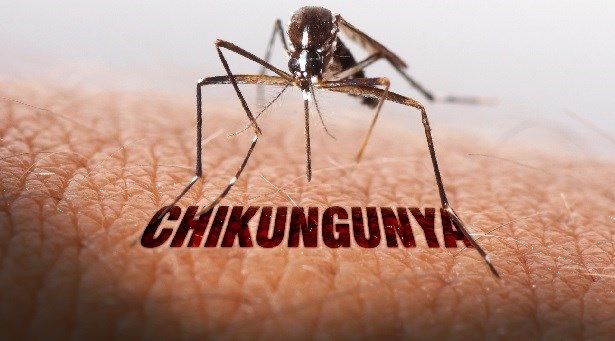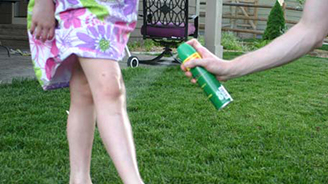
Do you know about Chikungunya? It is a disease that make impact in health news. Let’s read some fact about chikunguya.
1. What is it Chikungunya?
Chikungunya is a mosquito-borne diseases. Chikungunya was first detected in Tanzania in 1953. Ever since it occurs in countries of Africa, Asia, and lately it occurs in several places in Europe. It is endemic (always valid) in most countries of Sub-Saharan Africa, India, Southeast Asia, Indonesia and the Philippines. It is not a mysterious disease with unknown cause.
2. How this disease cause?
Chikungunya fever is caused by a virus of the genus Alphavirus in the Togaviridae family.
3. Is it contagious?
Yes. Chikungunya virus is transmitted through the bite of the Aedes albopictus or Aedes aegypti mosquito which carries the virus. Aedes mosquitoes also spread dengue fever virus. After the bite of an infected mosquito, onset of illness occurs usually between 4 and 8 days but can range from 2 to 12 days
4. What is the incubation period for Chikungunya?
The incubation period for Chikungunya can range from 3 to 12 days but usually it is from 3 to 7 days.
5. What are the signs and symptoms of this disease?
a. Sudden high fever
b. Severe pain in joints
c. Rashes on the body
d. A headache fever can occur from 1 to 7 days (usually 5 days)
6. What is the treatment for this disease?
There is no specific treatment. Usually the treatment is given based on clinical symptoms experienced by a patient. Most cases occur only out-patient treatment only. There is no vaccine for this disease.
7. What to do if infected?
If you experience signs and symptoms of chikungunya, it is advised to seek immediate treatment at the nearest clinic or hospital.
8. Prevention

Use insect repellent wipes the exposed skin when out walking, especially during the day.
Wear long-sleeved shirts and long pants when out walking.
If possible, stay in place with protective screen on windows or air conditioning to ward off mosquitoes
Clean the house and surrounding areas that are free of mosquito breeding places of Aedes. This can be done through mutual cooperation. It is evident that no new cases reported in areas that do self-help.
Check your home and environment at least once a week to ensure no Aedes breeding.
Basic precautions should be taken by people travelling to risk areas and these include use of repellents, wearing long sleeves and pants and ensuring rooms are fitted with screens to prevent mosquitoes from entering.
Seek immediate medical attention at a clinic or hospital if you experience signs and symptoms.
Hope this information help us to prevent from Chikunguya. Keep on destroy mosquito place.

Leave a Reply